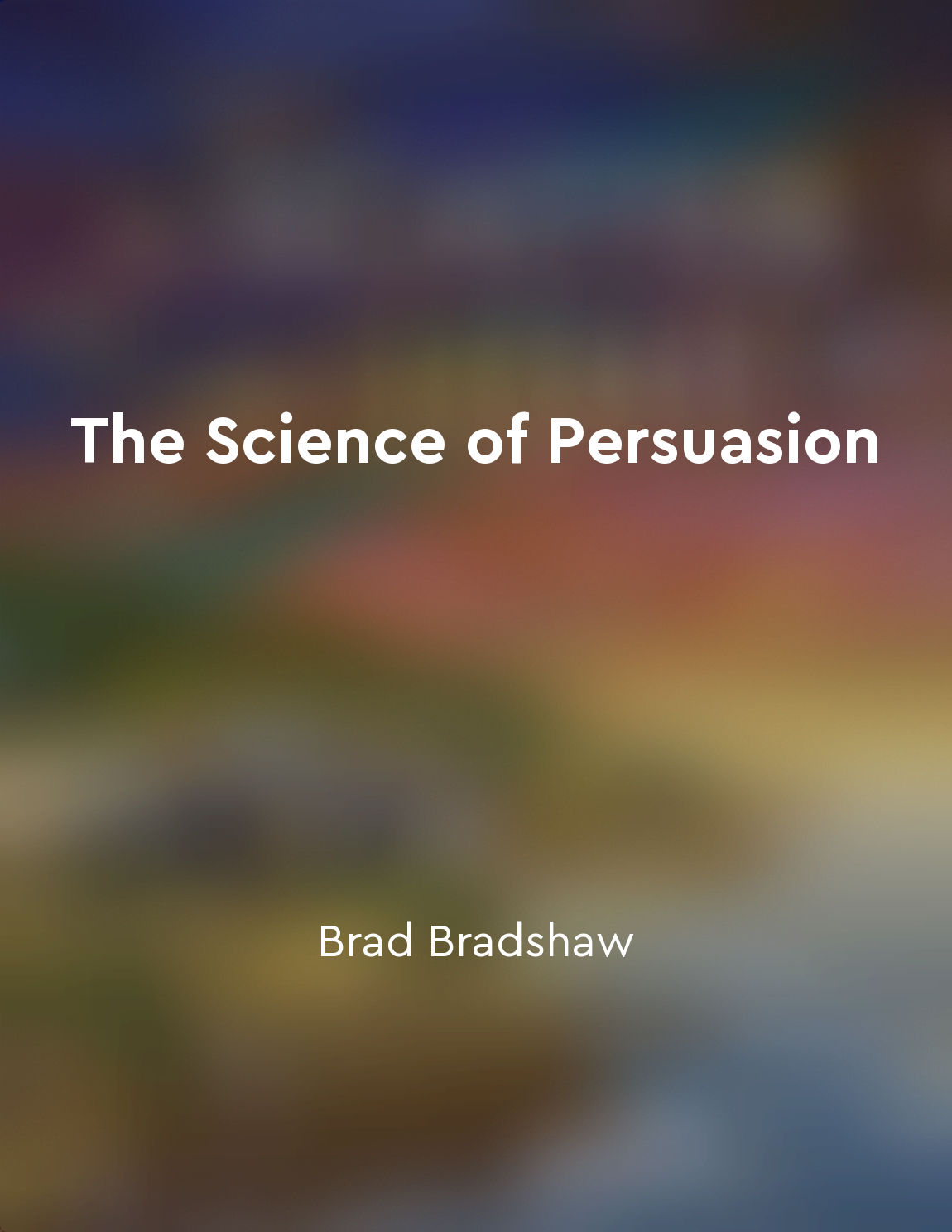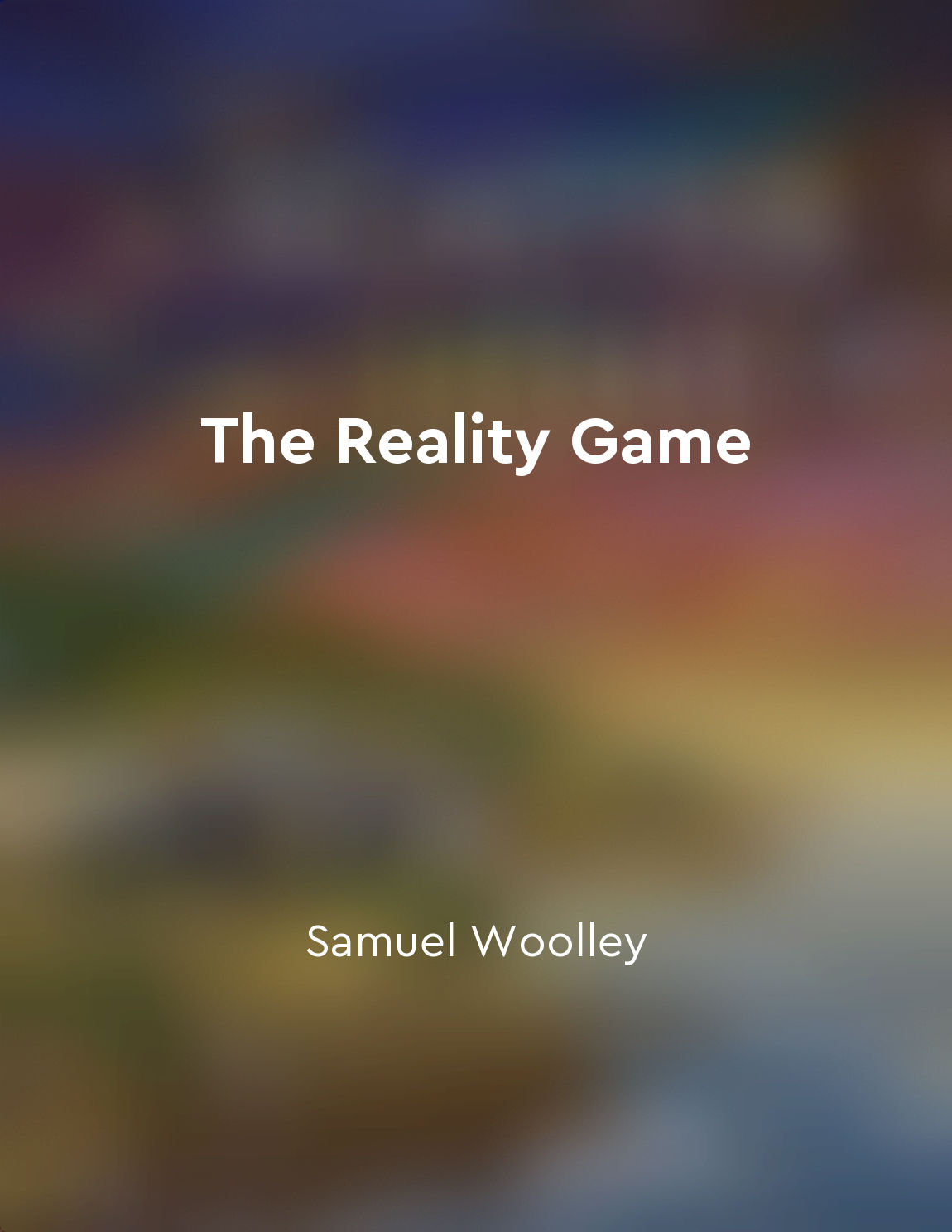Audio available in app
Reality is subjective from "summary" of 21 Lessons for the 21st Century by Yuval Noah Harari
The idea that reality is subjective can be a difficult concept to grasp. We tend to believe that the world around us exists independently of our thoughts and feelings. However, when we examine this belief more closely, we realize that our perception of reality is shaped by our individual experiences, beliefs, and biases. What we see, hear, and feel is filtered through the lens of our consciousness, creating a unique version of reality for each of us. Our subjective reality is influenced by a multitude of factors, including our cultural background, upbringing, education, and personal experiences. These factors shape the way we interpret and make sense of the world around us, leading to different perspectives and understandings of the same events or phenomena. For example, two people witnessing the same political rally may have very different interpretations of what took place based on their pre-existing beliefs and values. Furthermore, advances in technology and social media have only served to amplify the subjectivity of reality. We are bombarded with information and opinions from all corners of the globe, making it increasingly challenging to discern fact from fiction. Our individual biases and preferences are often reinforced by the algorithms that dictate what we see and hear, further distorting our perception of reality.- We must learn to critically evaluate the information presented to us and remain open to different viewpoints. By acknowledging the subjectivity of our reality, we can cultivate empathy, understanding, and tolerance for others who may see the world differently. This awareness can help us bridge the gap between conflicting perspectives and work towards a more harmonious and inclusive society. Ultimately, by recognizing the subjective nature of reality, we can strive towards a more holistic and compassionate understanding of the world around us.
Similar Posts
Witness testimonies are often subject to memory distortion
Human memory is a curious thing. It has the remarkable ability to store vast amounts of information, but it is also prone to di...

Using repetition can reinforce persuasive messages
Repetition is a powerful tool when it comes to persuasion. By repeating a message multiple times, you increase the likelihood t...

Authority figures can manipulate through intimidation
In the realm of dark psychology, authority figures hold a powerful tool in their hands - intimidation. Through the use of fear ...

Ethical considerations in information sharing are paramount
When it comes to sharing information, ethical considerations should always take precedence. This means that before disseminatin...
A sense of inevitability pervades Jason’s quest
Jason is consumed by the feeling that his journey has a predestined path, one that he cannot escape. This belief weighs heavily...
Ethical considerations play a crucial role in decisionmaking
Ethical considerations are at the heart of decision-making processes. They are not just an afterthought or a secondary factor t...
Sales strategies: tactics to drive purchases
Sales strategies are essential elements in the success of any business. They are the tactics that drive purchases and ultimatel...
The denial of responsibility enables atrocities to occur unchecked
The denial of responsibility plays a crucial role in allowing atrocities to take place without consequence. When individuals re...
Likability plays a role in persuasion
When it comes to influencing others, likability holds a significant place in the realm of persuasion. People are more likely to...
Genuine interest in others is important
Having a genuine interest in others is crucial when it comes to building strong relationships. This means truly caring about th...

